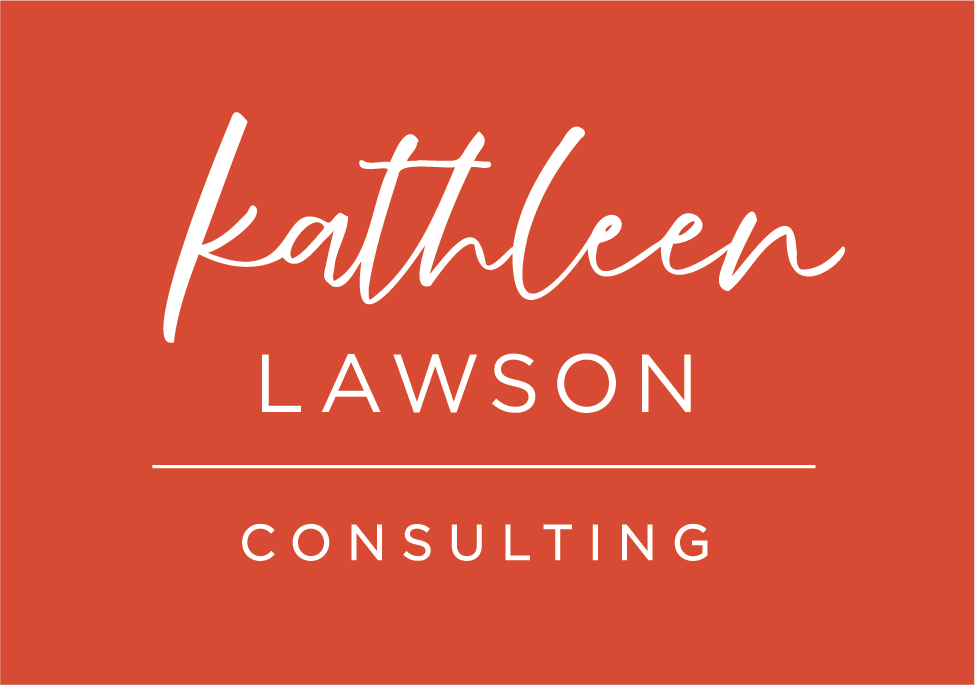Change in Your Business
One thing I know after many years in the small business world is that your business can’t have continued growth by staying the same as it was on day one. Making changes in your business is inevitable when everything is changing around you.
There’s your business evolution - refining what you do, who you do it for, and how you do it. You can potentially be in a constant state of change.
Then there’s the evolution of the needs of your clients - what’s trending? How is technology changing things? How do you reach your market? How you serve will have to adapt to these external elements as well.
My clients are consistent idea generators. To stay in alignment with their passions and abilities, they might shift who they work with and the types of offers they have, and how they use their services to deliver those offers.
I have seen business owners resist change out of overwhelm, fear, and uncertainty. They feel safe in their comfort zone, but they also want to scale and grow their business and revenue. This is like mixing oil with water.
Change is good! Expanding outside of your comfort zone is motivating - it’s how we grow. I encourage you to embrace this and to let go of the things that haven’t been serving you but you’ve been holding on to because it feels safe and familiar. Holding on so tightly to something can keep you from attracting the right clients when you are stuck in your routine.
To stay in alignment as your own interests, passions, and skills evolve, your business plan and strategy have to adapt to that evolution. Maybe you want to transition from serving clients 1:1 to developing group programs, or you want to develop a DIY course. All the processes, systems, and implementation needed to support your services have to change.
You may be familiar with the term “scare-cited”. This is the big energy business owners can feel when they are experiencing the expansion of new ideas, the possibility of new clients, and new ways of doing things. When you surrender to this new energy, you attract the right clients, work, and referrals with ease and confidence.
But this higher level can also keep you from getting grounded in the necessary tactical steps. As fun as high energy can be, you need to take practical action so all those fabulous new ideas don’t get tossed on the waiting pile. To stay on track you need a plan, and not just in your head.
Commit
Schedule time and choose a space where you can focus on the details of bringing your idea to life. You can’t create something from scratch with 15 minutes here and there. I just got back from a three-day business retreat and where I had time to marinate in an idea I’ve been working on - to think, brainstorm, mindmap, and visually see it take shape.
Get support
But not too much. Talk it through with two to three people you trust to be honest. Maybe a coach, business strategist, business bestie, or that close friend you can talk to about anything. Choose people who know your business, and will offer support and ask you questions to gain clarity. These chosen advisors will see things you can’t because you’re too close. But resist getting too many opinions. This can get confusing, and you’ll hesitate to move forward.
Does it fit?
We can get so excited about an idea that we don’t think about how it fits into what already exists. That doesn’t mean you can’t bring it to fruition, but it might need to be a separate entity. What are the projected sales? How much will it cost to start and maintain? Will it help you reach your overall revenue goals?
Make a plan
Blueprint, framework, whatever you call it, have a realistic plan that’s easy to understand and can bring your idea to life - no matter what it is, the specific action items, tasks, and timeline have to be clear. And don’t forget about creating a solid marketing plan.
Hire the experts
Just because you’re the master of your idea does not make you the master of all the moving parts necessary to make it a success. Focus on your skills and strengths and delegate to experts. If you’re doing something for the first time, find someone to help you. Stay in your zone of genius.
Accountability
It’s great to have a plan and a strategy to support your idea, but it’s accountability that truly drives change. You have to make the initial commitment to do what it takes to make the change you want. Then as you develop your idea and follow the steps of your plan, you need to stay on course and keep the whole thing moving forward.
I recently made a change in my own business. I ran a group program called Close the Gap for a few years, and what I realized was that although the group structure served my clients well, they had even better results when we worked 1:1. So I’m putting my group on pause so I can work privately with more clients who are ready to hone in on what it takes to bring their ideas to tangible reality. I’d love to tell you a bit more, so let’s set up a call.


